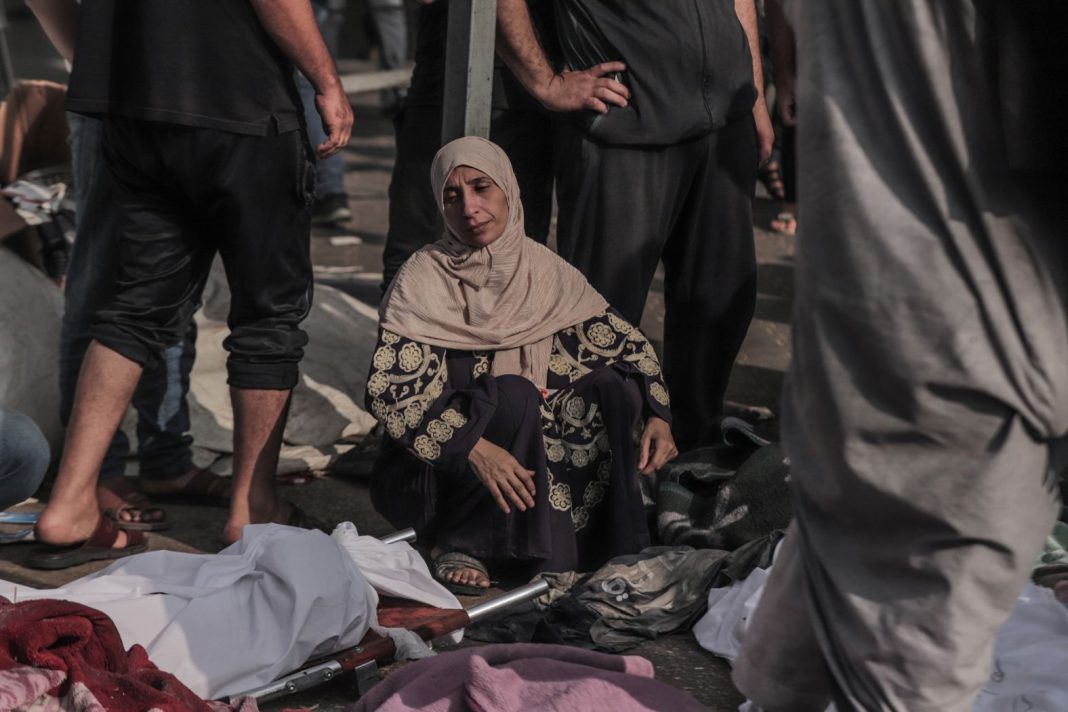Harris said that hundreds of thousands of patients in Gaza are suffering from chronic conditions, such as diabetes, heart disease and cancer, and do not have access to the medications and treatment they need.
As a result, Harris stated that “those chronic conditions will become acute things, acute conditions, and those acute conditions will kill them.”
“Eventually, we will see more people dying from disease than we’re even seeing from bombardment if we are not able to put back this health system and provide the basics of life,” Harris added, noting the urgent need for food, water, medicine and fuel to operate the hospitals.
More than 15,000 Palestinians have been killed in Israeli attacks in Gaza from October 7 through November 23, according to figures from the Palestinian Ministry of Health in the West Bank, which draws its data from Hamas-run health authorities in Gaza. The health ministry announced it was having difficulties in updating casualty numbers “due to a breakdown in services and communication in hospitals in the north of Gaza”.
Fuel shortages crippled Gaza’s hospitals, with the majority of health care facilities forced to close due to bombardments or lack of fuel as of November 17, according to the health ministry. Since the start of the truce last week, aid truck convoys have been able to offload some food, fuel and medical supplies in Gaza.
But the United Nations Relief and Works Agency for Palestine Refugees in the Near East said Sunday the amount of aid reaching the Gaza Strip remained completely insufficient.
“The aid going in at the moment is just a drop in the ocean of humanitarian needs,” stressed UNRWA’s Adnan Abu Hasna.
